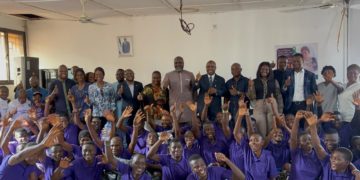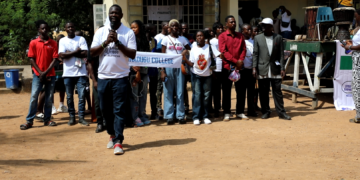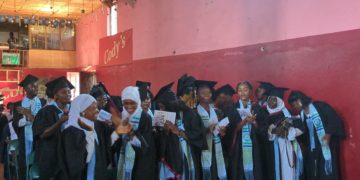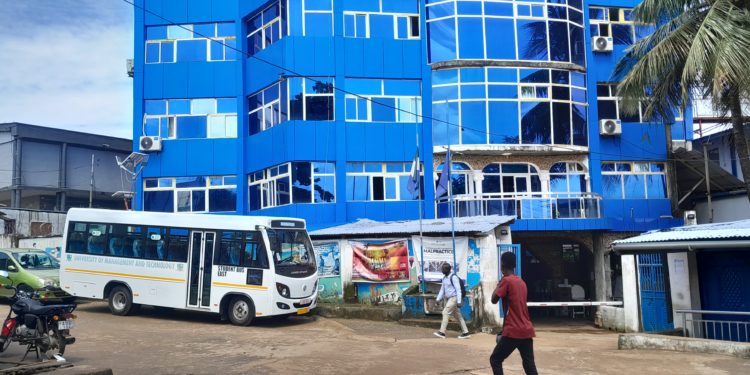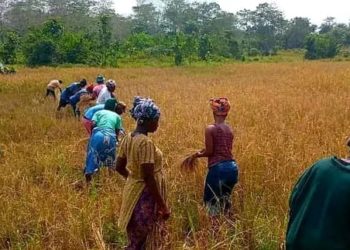By Kemo Cham
Efforts to build a strong and vibrant research community in Sierra Leone has received another push with the launching of a new initiative to mentor young researchers and aspiring grant writers.
The initiative by the University of Management and Technology (UNIMTECH)’s Centre for Health Research and Training (CHaRT-SL) specifically targets PhD students, designed to address the critical need for capacity building in the research.
Prof. Osman Sankoh, the brain behind the idea, said it aims to empower the next generation of Sierra Leonean researchers.
Sankoh, who is Deputy Vice-Chancellor for Administration at UNIMTECH and the Executive Director of CHaRT-SL, added that the programme targets academic staff in higher education institutions by leveraging the expertise of experienced researchers and professors.
“This initiative brings together esteemed professors from across the country’s higher education institutions and from outside as well as seasoned grant proposal writers to provide supervision and mentorship to Sierra Leonean PhD students and aspiring research grant writers,” he said in a statement at the launch of the initiative, a copy of which was shared with ManoReporters.
The launching also saw the release of a call for expression of interest for experienced researchers and professors to join a cohort of mentors as part of the initiative.
Sankoh, who is commonly known as Mallam O, is a renowned epidemiologist and biostatistician. The former Statistician General of Sierra Leone said the programme’s ultimate goal is to increase the number and quality of research grant proposals submitted by local researchers, thereby securing more funding and advancing research capacity in the country.
“By leveraging the expertise of experienced academics and successful grant writers in Sierra Leone and from around the world, we at UNIMTECH aim to equip our emerging scholars with the skills and knowledge necessary to excel in their research pursuits,” he added.
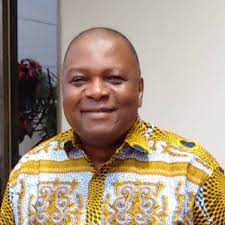
heads the mentorship programme under the
University’s Centre for Health Research and Training
The mentorship programme will focus on guiding students through the complexities of their research projects, from conceptualisation to publication, and supporting aspiring grant writers in developing competitive proposals that can attract funding and support impactful research.
Mentors, according to the proposal, will provide personalised guidance, detailed feedback, and practical insights based on their extensive experience.
The programme is also intended to enhance the quality of academic supervision through a support system for researchers seeking funding.
This initiative is the latest in a growing interest to promote research in universities across Sierra Leone, which experts say has one of the lowest rates of locally produced research in the world.
While Sierra Leone is the subject of many researches published in renowned international journals, very few Sierra Leonean authors are recognized for their contributions in these works. This has been attributed largely to lack of competence in writing scientific articles for publication.
Sankoh is himself a veteran researcher with over three decades of experience, including a long stint at the international NGO, INDEPTH Network, where he led health and demographic surveillance systems in 20 countries in Africa, Asia and Oceania. He has authored and co-authored dozens of scientific publications that featured in renowned journals like the Lancet, Nature, Science and Research Gate.
The former Vice Chancellor of Njala University said this new initiative will not only enhance individual academic careers, but it will also contribute to the broader development of research capacity in the country, stressing on the potential for the programme to nurture talent, inspire new ideas, and contribute to the development of evidence-based solutions to the challenges facing Sierra Leone.
“The success of this initiative depends on the collaborative effort of all stakeholders, including the academic community and funding bodies who we will approach to support us. We are committed to fostering a culture of excellence and innovation in research, and we believe that this mentorship programme is a significant step towards achieving that goal,” he said.



